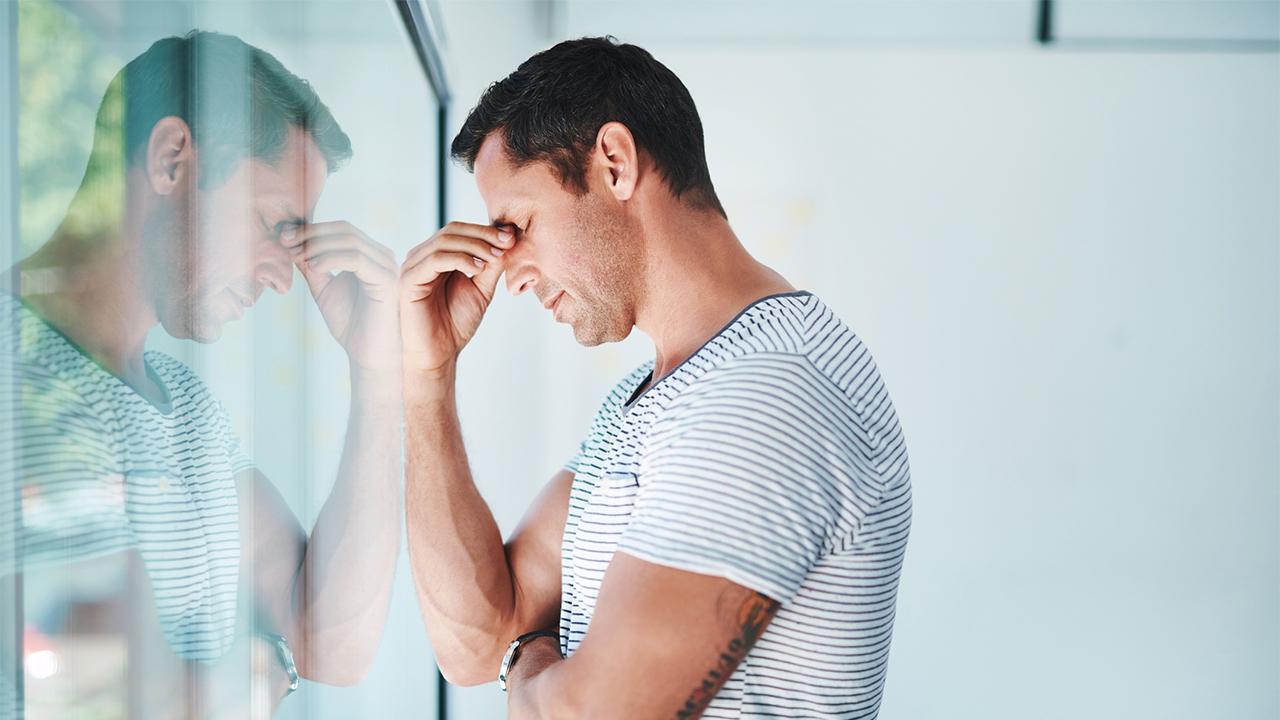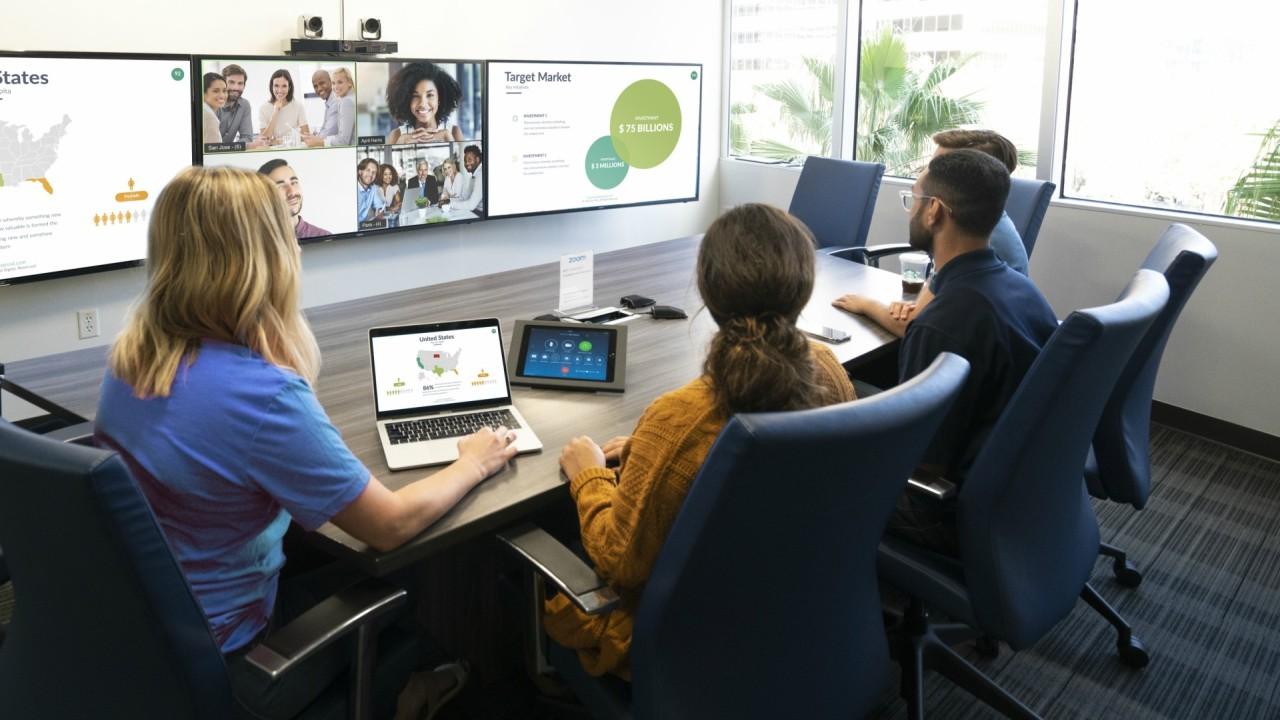Zoom calls during coronavirus worsen Americans' distorted body images
'Having your face presented to you onscreen alongside other people's faces can encourage unhelpful and harmful comparisons'
"Has your body dysmorphia grown worse from looking at yourself on Zoom the entire pandemic or are you normal?" one Zoom user asked on Twitter.
"I start all Zoom meetings in the evening with, 'the body dysmorphia has set in and I can’t look at myself anymore so I will be sound only,'" another admitted.
"I'm absolutely leaving this quarantine with Zoom-induced body dysmorphia," tweeted a third.
NEW YORK'S MASS TRANSIT AGENCY ASKS APPLE TO TWEAK IPHONE SOFTWARE OVER CORONAVIRUS CONCERNS
They're not alone.
Zoom users around the world are reporting that their frequent video calls are worsening the symptoms of their body dysmorphia, according to NBC News.
Body Dysmorphic Disorder, or BDD, is a mental health condition that is defined by an obsessive focus with one's perceived physical flaws so intense that it disrupts daily living.
BDD causes people to see themselves in a distorted way and, for some, technology is exacerbating their condition.
According to the International OCD Foundation, about 1.7% to 2.9% of the general population is afflicted by the anxiety disorder -- or about 1 in 50 people.
The foundation also reports that 40 percent of people with BDD are men and 60 percent are women, noting that BDD is "significantly underdiagnosed."
In addition, the Anxiety and Depression Association of America points out that BDD most often develops in adolescents 12 to 13 years of age and teenagers.
BDD is a spectrum disorder -- meaning that the degree in which people are impacted can vary. While some may be dealing with symptoms so severe that they are unable to integrate into society, others are relatively high-functioning.
Some with BDD have found their symptoms actually lessened since the coronavirus pandemic gripped the globe.
That said, a 2007 study found that 80 percent of individuals with the disorder experience suicidal ideation.
The Body Dysmorphic Disorder Foundation website advises people living with BDD to keep their hands busy during the pandemic, schedule a routine, speak with someone they trust, follow a treatment plan, take on breathing exercises, and engage in organization activities.
However, while the BDD Foundation recommended against prolonged periods on social media, the mindful movement practice they promoted came with a Zoom meeting ID.
Many have found a like-minded community on the Internet. Some, including Refinery29's Nathalie Olah, shared their experiences publicly.
"The digital tools we rely on to connect us during lockdown – FaceTime, Zoom, Skype – have enforced a constant reflection which is harmful to BDD sufferers," Olah wrote in June.
CLICK HERE TO READ MORE ON FOX BUSINESS
"It’s possible to turn the camera off but, given the option, this too can become a compulsion. For the BDD sufferer, there’s the gnawing temptation of switching the camera on so that you can check how you look," she continued. "Not only that, but having your face presented to you onscreen alongside other people's faces can encourage unhelpful and harmful comparisons."
The Huffington Post's Sabra Boyd wrote in May that nothing incites her BDD more than seeing her own image on a screen.
"Anxiety always exacerbates my dysmorphia," she said. "It melts the boundary between internal and external terror as my mind insists that I look as monstrous as I feel."
If you or someone you know is in crisis, call the National Suicide Prevention Lifeline at 800-273-8255, text HOME to 741741, or visit SpeakingOfSuicide.com/resources for additional resources.






















